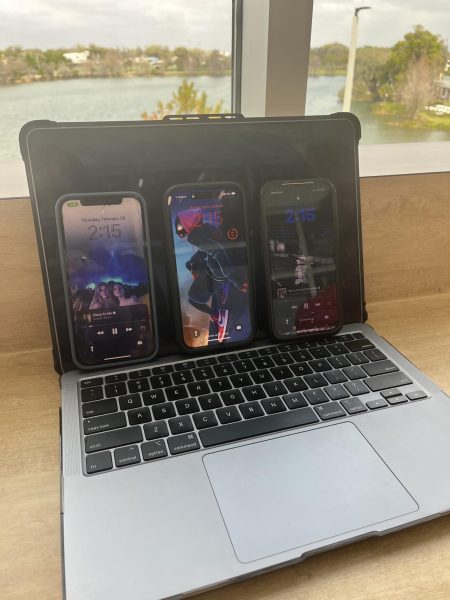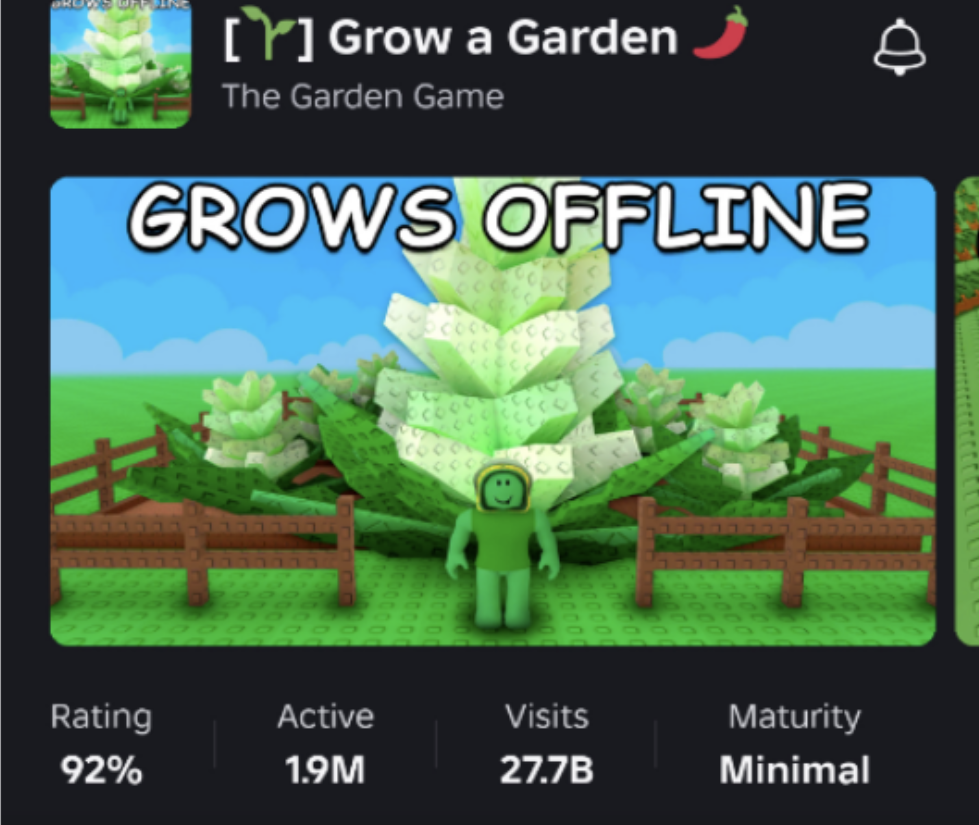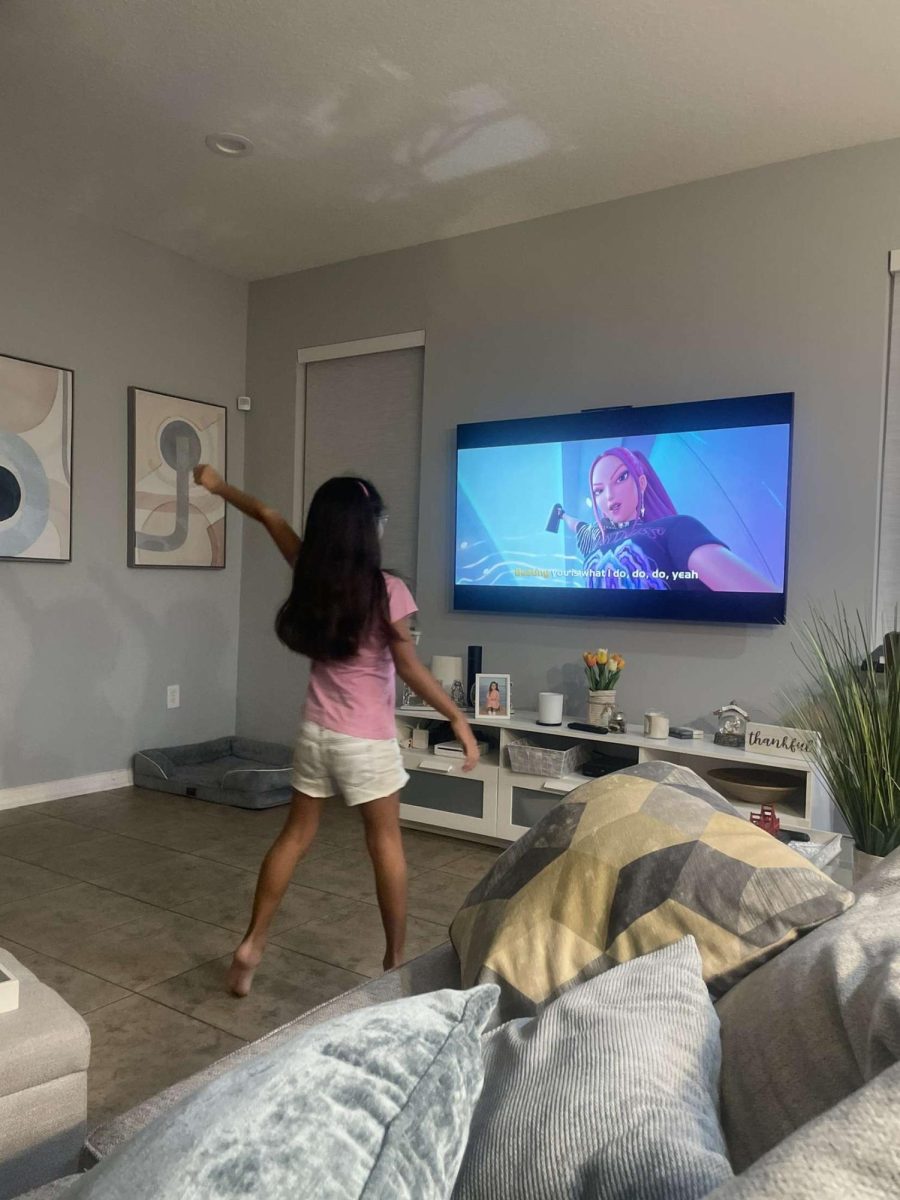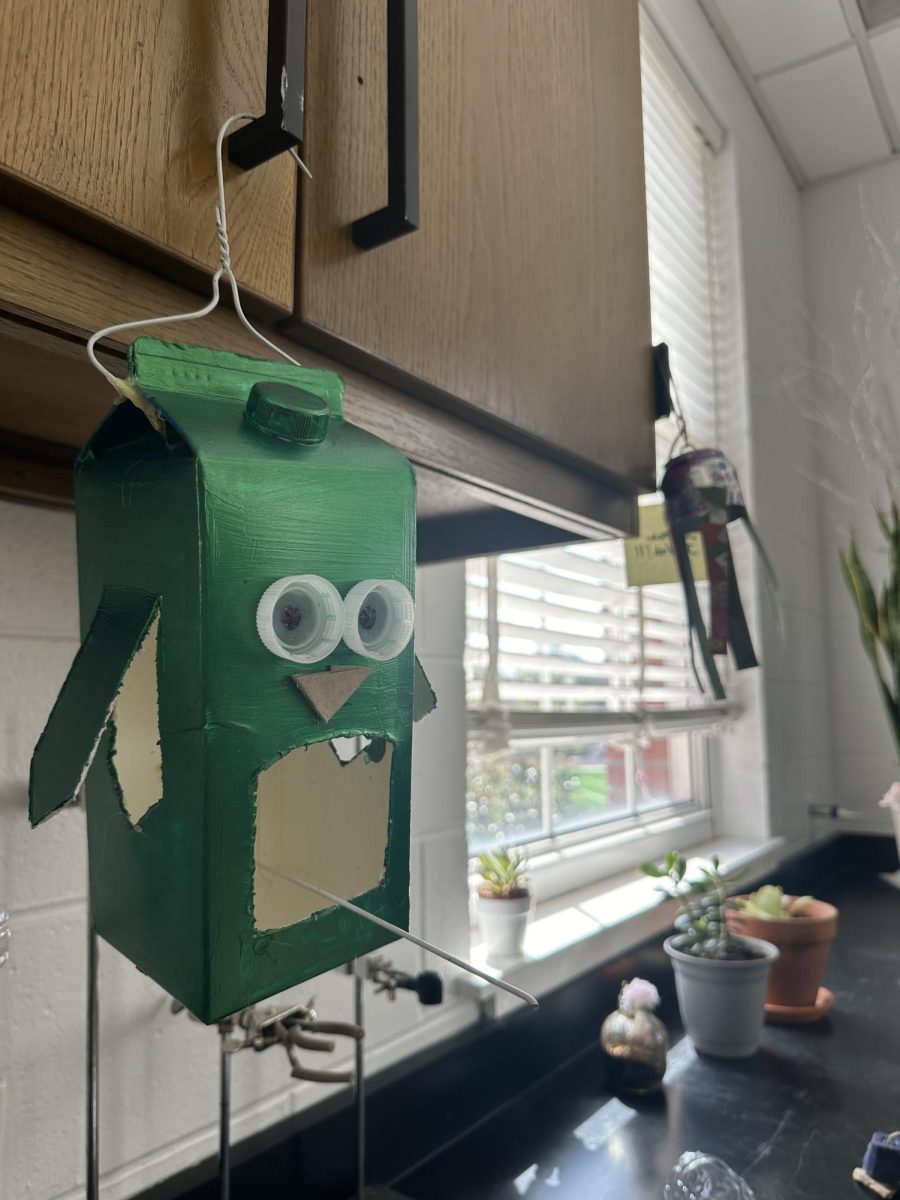The generation of the future: a group of hard working individuals who find a different perspective on topics about which they are passionate, and dedi- cated. Gen-Z most definitely has an amazing array of qualities that can be used throughout life. This includes fresh perspectives and innovative thinking, technolog- ical expertise, a focus on diversity and inclusion, and social consciousness. All these different skills provide evidence for how this generation may be the next big change in today’s society. But does it all really mat- ter when everyone’s eyes are glued to phone screens?
The term “Screenagers” is a play on words combining screen and teenagers to describe to- day’s generation of 13-19 year olds who constantly use, or are addicted to their phones. There are mul- tiple studies on how extended periods of time on the phone can have negative effects on oneself. For instance, bad sleeping habits and a reduced quali- ty of conversations are often noted in people with this addiction. Most see addiction as severe cases of drug abuse or alcoholism, but when it comes to something more minor, such as phone usage, it is easier to bypass it. Stoping this bad habit could have many benefits in one’s life and should be heavily recommended in today’s society. Some benefits in- clude a lot less stress and anxiety, a healthier body and mindset, and a more proficient sleep schedule.
Beating any addiction is difficult, but with the right mindset and dedication, one may be able to achieve a better lifestyle with these simple changes. One way to keep off the phone is by changing phone settings. For example, setting a larger passcode can prevent users from easily accessing their phone, giving individuals time to decide if phones really need to be used. Turning off notifications from social media or other non essential apps, and turning on “do not disturb” or airplane mode, when you need to get other things done can also be helpful. Both of these actions prevent people from picking up their phones and get- ting distracted when every
notification arrives. Alter- natively, removing distracting apps, which keep users occupied for long periods of time can also help, as users are no longer tempted by either the notifications or the app itself. Finally, changing the screen colors to black and white can also lower screen time as your device doesn’t look as appealing. All of these options will allow your phone to still be used when needed, while eliminating screen time when it is not neccessary, thereby decreasing the chances of being on a device. If you are still using your cellphone for long periods of time after some of these adjustments, it may be worth it to try the “unplugged” method. This involves giving up comeplete use of your phone for an extended period of time. This can be from a week to a month. If jobs or school require phones for certain aspects, or it is nec- essary to have a phone to make calls or text messages, this plan can still work by making exceptions for only those specific uses. This option definitely requires self control, but it is more efficient. Once the time period of not being constantly on a phone, it is likely that you will not be as prone to picking it up as often.
This generation is filled with people who can bring fresh and inspiring ideas to society, but the issue of our eyes constantly being on a screen could be of the downfall our world. If this group of teenangers works hard together to prevent this from happening, they will have the opportunity to achieve so much more than they ever could imagine. Us- ing the best of your abilities should be the norm, and getting rid of this addiction could be the key to this generation’s success and perspective on life.











































